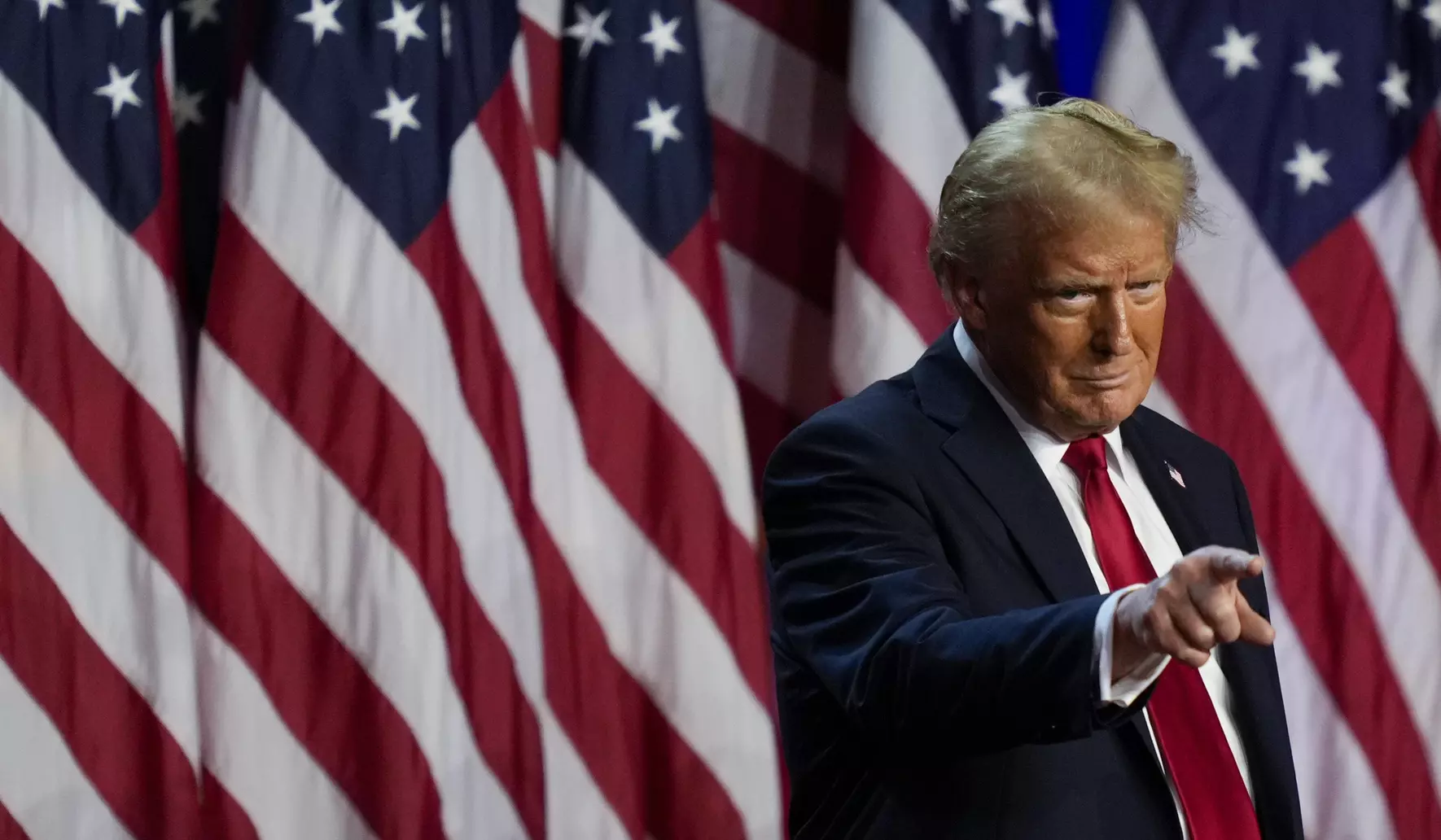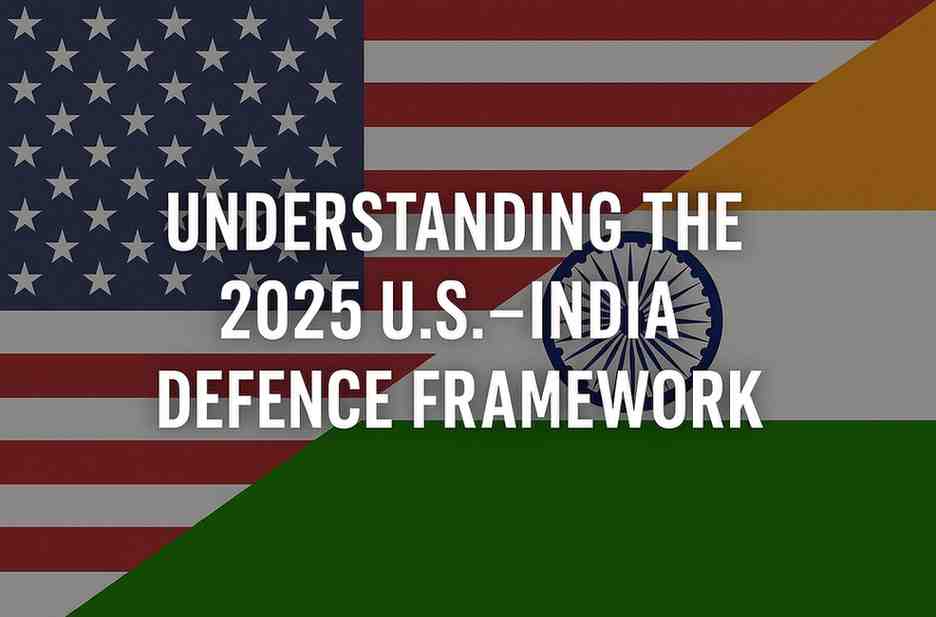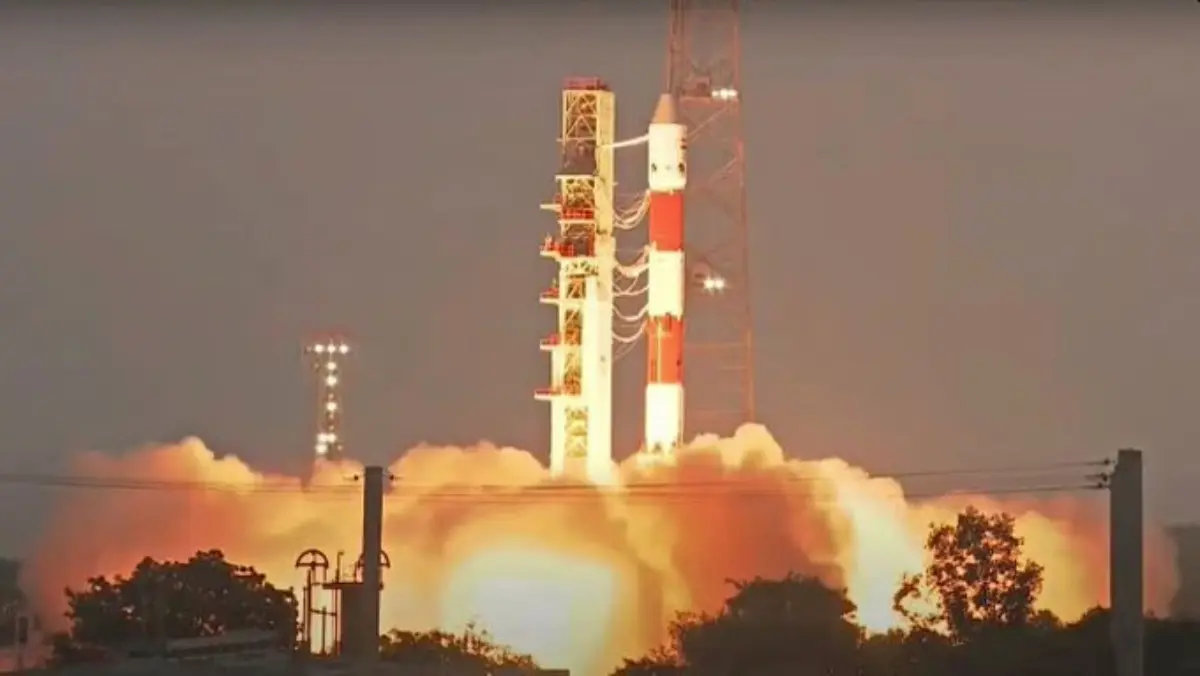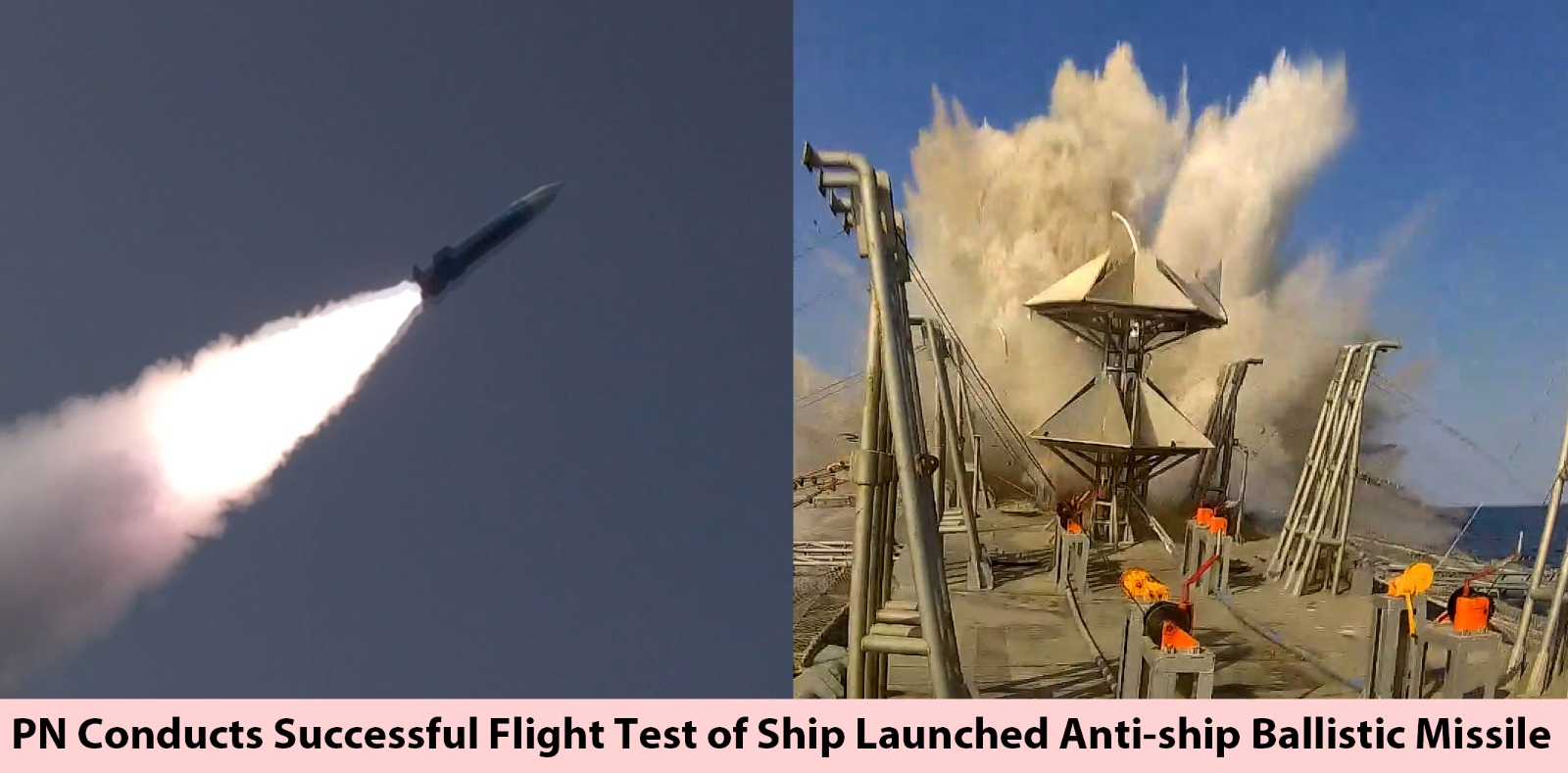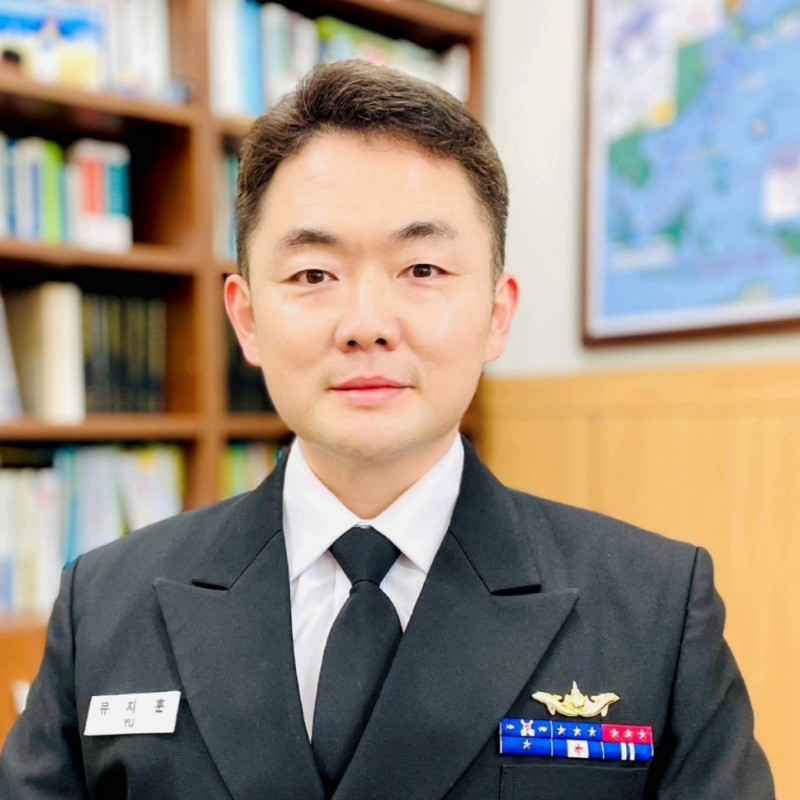With Donald Trump’s return to the U.S. presidency, the Republic of Korea (ROK)-U.S. alliance stands at a crossroads, facing both challenges and opportunities for adaptation. Trump’s previous term emphasized a transactional approach to alliances, demanding greater financial contributions and encouraging allies to shoulder more of their own defense burden. This stance leaves South Korea anticipating potential pressure on defense spending, strategic adjustments in the Indo-Pacific, and changes in the approach to North Korea. Yet, these shifts also provide an opening for South Korea to redefine and expand its role within the alliance, reinforcing its strategic value and resilience.
One immediate area where South Korea can assert a stronger role is in addressing potential demands for increased financial contributions to the alliance. During his last term, Trump pushed for higher South Korean payments to the Special Measures Agreement (SMA), which funds U.S. troops stationed in Korea. If Trump again emphasizes cost-sharing, South Korea could focus on broadening its contributions in ways that extend beyond direct financial support, highlighting its non-monetary strategic contributions, such as advancements in defense technology and regional security partnerships. By framing these contributions as integral to alliance stability, South Korea can counterbalance Trump’s transactional view, emphasizing the alliance’s long-term value.
In the military domain, a return to Trump’s more selective approach to joint military exercises could create operational gaps and affect readiness. However, South Korea has an opportunity to expand its own defense initiatives, enhancing interoperability through indigenous command-and-control systems and developing advanced technologies that complement U.S. capabilities. By proactively investing in defense advancements and infrastructure, the ROK can meet alliance readiness standards while furthering its strategic autonomy. This approach would demonstrate South Korea’s commitment to regional stability, reassuring the U.S. of its role as a capable and proactive ally.
The evolving North Korean threat presents another area where South Korea can expand its role within the alliance. Trump’s personal diplomacy with Kim Jong-un may return, potentially sidelining South Korea in high-profile U.S.-North Korea negotiations. To mitigate this risk, South Korea could pursue a more active role in shaping diplomatic discussions about the North, advocating for multilateral forums that include key stakeholders like Japan and possibly China. By positioning itself as an indispensable participant in regional security dialogues, South Korea ensures that its security concerns remain central in negotiations. Furthermore, as North Korea advances its missile capabilities, South Korea could enhance its missile defense systems and intelligence networks, ensuring a robust response to any shifts in U.S. policy.
The broader Indo-Pacific landscape provides additional avenues for South Korea to expand its role within the alliance. Under Biden, the ROK increased engagement with U.S.-led security frameworks aimed at countering China’s influence, including dialogues with Quad nations like Japan, Australia, and India. If Trump’s policies lean toward economic interests over regional security cohesion, South Korea could strengthen its partnerships independently, deepening ties with regional allies to secure stability in the Indo-Pacific. By reinforcing alliances with Japan, Australia, and ASEAN countries, the ROK can help balance power in the region, aligning with U.S. interests while pursuing strategic autonomy. This initiative would illustrate South Korea’s commitment to regional stability, enhancing its value as a central player in East Asian security.
Trump’s presidency presents a critical moment for the ROK-U.S. alliance, pushing South Korea to step forward and expand its role. While Trump’s approach may prioritize self-reliance and financial burden-sharing, South Korea can use this period to solidify its defense capabilities, deepen regional partnerships, and assert itself diplomatically. By investing in these areas, South Korea strengthens its position within the alliance, demonstrating its adaptability and strategic value in a changing geopolitical environment. The future of the ROK-U.S. alliance under Trump’s leadership will hinge on how effectively South Korea can balance enhanced self-reliance with steadfast alliance commitments, ultimately reinforcing a resilient partnership that addresses both nations’ evolving priorities.

Jihoon Yu
Jihoon Yu is the director of external cooperation and associate research fellow at the Korea Institute for Defense Analyses. Jihoon was the member of Task Force for South Korea’s light aircraft carrier project and Jangbogo-III submarine project. He is the main author of the ROK Navy’s Navy Vision 2045. His area of expertise includes the ROK-U.S. alliance, the ROK-Europe security cooperation, inter-Korean relations, national security, maritime security, hybrid-threats, and strategic weapons systems. He earned his MA in National Security Affairs from the U.S. Naval Postgraduate School and Ph.D. in Political Science from Syracuse University.
- Jihoon Yu#molongui-disabled-link
- Jihoon Yu#molongui-disabled-link
- Jihoon Yu#molongui-disabled-link
- Jihoon Yu#molongui-disabled-link


